Someone gave me some advice about my blog yesterday – its advice you hear so often that its simply assumed to be true – I was told that I’d probably get more readers if I wrote shorter posts. Now, I think this person is an occasional reader, rather than regular reader, so I suspect his view on my typical content strategy is slightly skewed by the posts he’s read, and we’ll get to how that is relevant in a moment…
I’ve given this advice myself before. It seems sound. People digest information in relatively small chunks, and scan the internet relatively quickly. There are some stats that support this from my all time visit figures…
The average visit length here is just under 90 seconds. 78% of visitors “bounce” – they land on the page they come to, and click no further.
I wonder if this “myth” ultimately comes down to metrics – I think there’s probably something to it if you’re after comments and discussion – if you leave some things unsaid, people feel the need to say them for you – and that’s certainly been true of the discussions I’ve entered elsewhere. So engagement might be higher on short posts…
But if you’re interested in people reading what you have to say, and sharing it, then in my experience – it’s the longer posts where I’m attempting to provide something of value, or articulating something I think – usually on a timely issue – that traffic and sharing go through the roof…
Here’s my all time visitation in a graph… we’ll drill down in a sec…

There are a couple of noticeable spikes there, one, around the 29th of September 2009, was a real outlier – I was Pharyngulated – visited by some of the internet’s angriest atheists after I wrote this post. That was a list. It got more traffic, and more comments than anything else I’ve written – except, now, for my guide to making Sizzler’s cheese toast. These two posts, together, account for a significant chunk of my all time traffic, 5% and 4.7%, respectively. Other popular posts have been tied to getting near the top of Google’s search rankings for planking, a fake Martin Luther King quote, a Thom Yorke shirt, Ehud, Things to do in Townsville, and Instagram web profiles.
Interestingly, thanks to the comments, the atheist post became a long form post – and people spend, on average, 5 minutes trawling through the comments. In fact, there’s an interesting trend in my top 30 posts, where people spend 3 minutes or longer on site, on average.
What gets more interesting is if we just look at 2012, so far…

Something interesting happens around the 29th of February, the 22nd of March, the 11th of April, the 18th of April, the 16th of May, the 7th of June, the 8th of August, the 19th of August, the 1st, 5th, and 11th, and 27th of September and the 12th of October – those are the sustained 2-3 day spikes you see in the graph.
But why? Did I post a particularly funny youtube video? Share a pithy observation? A series of observations in the form of a controversial list? A fantastically popular “how to” guide?
No.
On the 29th of February I posted a couple of things – one, a video of two jumping Eric Cantona lookalikes who couldn’t sing or keep time, two, a lengthy piece on abortion and a controversial ethics paper that advocated after birth abortions – the first was shared five times on Facebook, which is significantly better than the average number of shares, the second, was shared 54 times on Facebook.
The first was 21 words long, the second, a staggering 2,881 words long.
What about the other days?
- On the 22nd of March I posted a 1,300 word post about a gay marriage protest the media called “pray away the gay” – 67 people liked it on Facebook.
- On the 11th of April I posted a 2,050 word piece on Easter, Q&A, and Richard Dawkins – it was shared 70 times on Facebook.
- On the 18th it was a 2,430 word long piece on pentecostals, healings, and public Christianity, it was shared 38 times on Facebook.
- On the 16th of May I posted a 1,600 word piece asking if Lobbying can actually be Christian – 128 people liked it on Facebook.
- On the 7th of June there was an outlier – a 450 word response to Jim Wallace’s appearance on Sunrise (the one in which he compared the pro-gay lobby to the Nazis), it was shared 29 times.
- On the 8th of August it was a 1,250 word post on non-verbal communication in church singing (47 shares)
- On the 18th, a 2,700 word post about a silly Facebook flowchart about homosexuality and the Bible (40 shares).
- On the 1st of September I posted the press release I wish churches would put out on gay marriage, which came in at 994 words (with 51 shares).
- On the 5th, an 1,800 word piece on the ACL comparing smoking and homosexuality (52 shares),
- On the 10th of September I posted two big hitters – the 5,600 word behemoth on my rationale behind publicly criticising the ACL (21 shares), and my 3,950 word wrap up of Peter Jensen’s appearance on Q&A (27 shares).
- Between the 27th and 28th my stats are split between the 2,800 word post on why clarity matters when we talk about homosexuality (6 shares), Vaughan Robert’s tremendous interview about his same sex attraction (325 words, 5 shares), and a post about Scarborough Baptist’s fight to be able to keep doing church stuff in their building (1,750 words, 23 shares).
- The 12th of October (yesterday) was my open letter to Guy Sebastian, which is still bouncing around the internet.
It seems from this data that there’s a fairly direct correlation (and, based on a more in depth look at my analytics – direct causation), between long posts offering some sort of substantial content, and increased sharing and traffic. Which are, I think, the best metric for my blog. Here’s the top 15 posts, by visits, from this year – this doesn’t include page views of the home page, it’s people who’ve clicked through to particular posts…
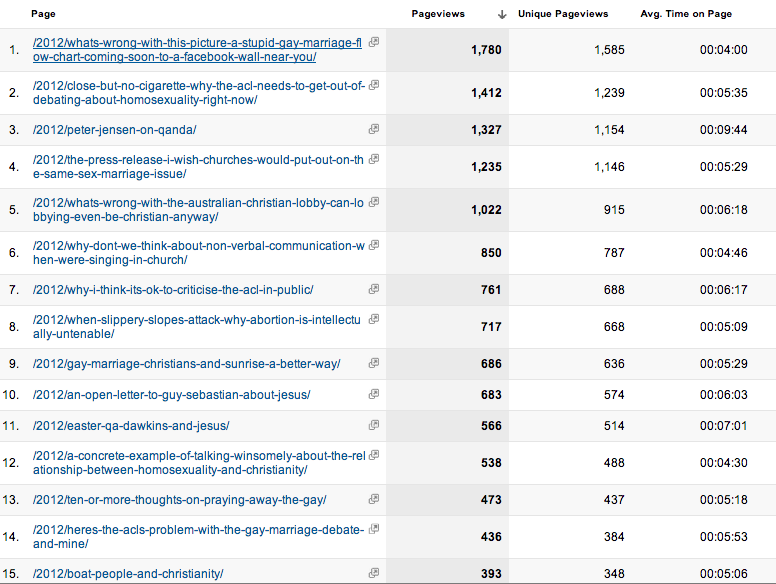
I don’t really go out of my way to cultivate comments or foster discussion (though I enjoy it), I’m more interested in contributing to a conversation with a more “finished” product.
By this metric, longer is better.
This isn’t true for all cases – I don’t think every long post I’ve written has been worth reading, but I think most of the stuff I’ve written that has been worth reading has been in long form. Some posts have been worth writing, and are now in the resources tabs in the menu above, though they weren’t particularly widely shared at the time… I don’t think this post is as substantial as some of the posts it links to… but the conventional wisdom doesn’t really stand up to scrutiny.
Looking at the posts that have been shared widely there’s also a bit of a common theme – which is certainly something for me to think about as a content strategy… they’re generally substantial posts about a public Christianity/PR/ethics kind of issue.
I’ve got a plugin currently crunching some numbers to tell me what the average word count of my posts is, but I’d suggest it’s somewhere around the 100-200 word mark. I’ll update this paragraph when the count finishes. If it does. – turns out, at this point, I’ve published 1.52 million words in 5,639 posts for an average of 270 words per post…
The number one rule, I’d say, is to produce content that people want to read, word limits are arbitrary. Some of the posts above were, in my opinion, longer than they needed to be, but hitting the right content, at the right time, while saying the right thing, will always trump saying something in half the words but four days too late.
I’d say the myth is busted, but there’s also a good reason I don’t only post long posts, or only post about the same thing – I’d get bored, as would the readers who’ve been here for the long term, and I do think there’s something to be said about sustaining the discipline of blogging regularly – there’s a reason I’m still going after almost six years, while most of the blogs in my blog roll (except for a few, like Simone’s, Ben’s, Anna’s, Findo’s, Andrew’s, and Arthur and Tamie’s have been either sporadic, or died).




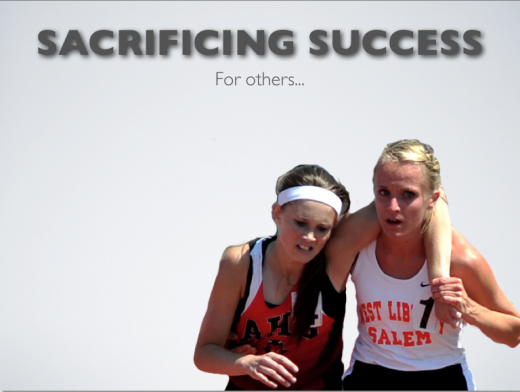
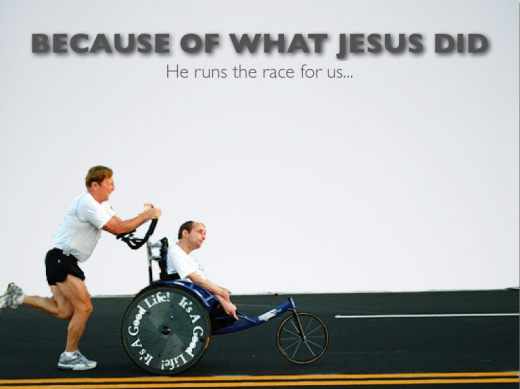

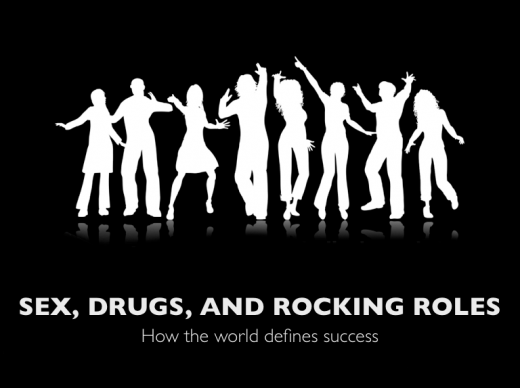
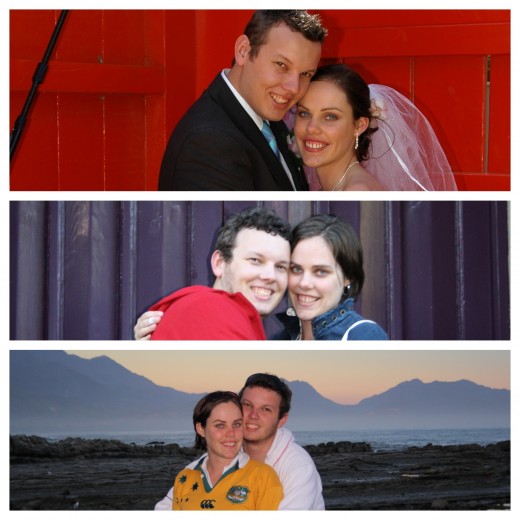









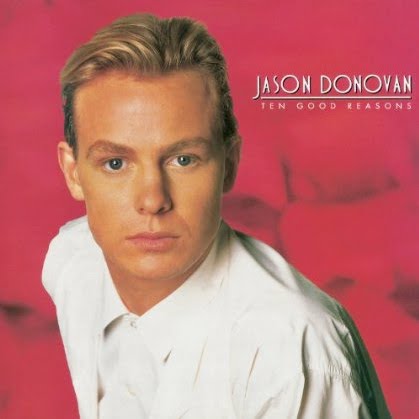
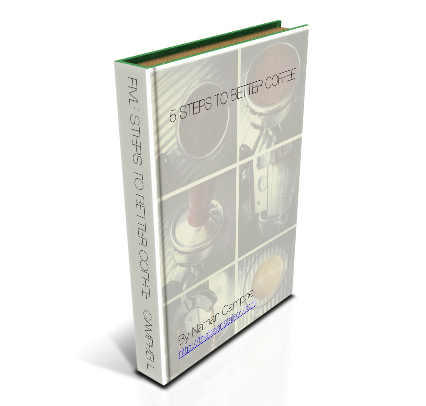
How I’m hoping to aid clarity in online discussion
Some of the responses to some of my recent posts have been interesting. There are now more people reading St. Eutychus that I don’t know than there are people who I do. People who haven’t been following along for the six years I’ve been posting on this blog. So I’ve done some housekeeping.
I’ve updated my about page to be something more substantial than a staccato list of definitive factoids about me.
I’ve created a comment policy.
And I’ve edited my disclaimer.
I’m going to expect that people who comment here have familiarised themselves with these before they attack me (not before they comment), so they’ll be useful to refer people to. But they also say something about why I blog, what I blog, how I see this blog, and how I see conversation on this blog. They provide the interpretive context for reading each of my posts.
I’d love your feedback on each, or all of these – especially if you think my expectations are ridiculous or I’m incredibly wrong about any of it.
While I was doing some housekeeping I moved the Facebook comment form off the home page and onto each individual post, where previously it was on both. It was slowing down the page too much and a little too cluttered. Clutter reduces clarity.
October 20, 2012